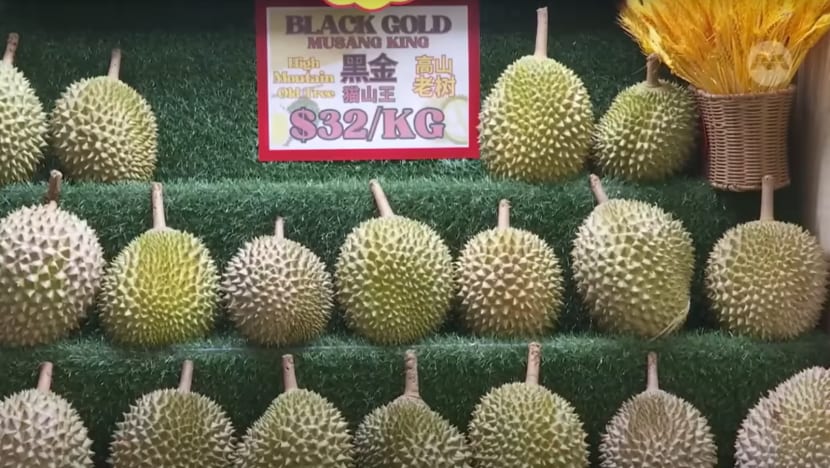Get Ready more Huat ahead for Petrol and Electricity
Singapore ranks amongst top fossil-fuel subsidisers in APAC
In 2022, Singapore’s fossil fuel subsidies accounted for 12% of its GDP.
Despite its early adoption of a national carbon tax and its ambition to become a green finance leader, Singapore continues to offer one of the highest levels of fossil-
fuel subsidies in the Asia-Pacific region, according to MSCI’s APAC Climate Action Progress Report 2025.
The report revealed that in 2022, Singapore’s fossil-fuel subsidies accounted for 12% of its GDP, a figure that includes both explicit subsidies for petroleum and implicit subsidies across petroleum, natural gas, and coal.
“Real-economy decarbonisation in APAC may slow if governments continue to provide fossil-fuel subsidies,” the report cautioned.
“These subsidies can distort markets by keeping fossil-fuel prices artificially low, discouraging clean-tech investment and reducing incentives for companies to take action in the near term.”
The findings contrast sharply with Singapore’s regulatory leadership. The country was an early adopter of a national carbon tax in 2019 and will implement climate-related disclosure standards aligned with IFRS S2 starting in 2025. Its national strategy, the Green Plan 2030, outlined key decarbonisation goals.
Still, the MSCI report implied a policy disconnect. Whilst climate risk disclosure is being institutionalised, financial incentives may be working against these objectives.
“Data suggests that [fossil-fuel subsidies] can slow the transition to a lower-carbon economy,” the report states. Although the subsidies are partly aimed at easing inflationary pressures, the authors argue they “potentially contradict” national climate pledges.
Singapore was included amongst several APAC economies, alongside China, Indonesia, and Malaysia, where both explicit and implicit fossil-fuel subsidies remain prevalent.
The report urged greater coherence between fiscal policies and climate goals, concluding: “Navigating a route between persistent risks and emerging opportunities will be critical… to accelerate the shift from fossil fuels toward clean-energy systems.”







